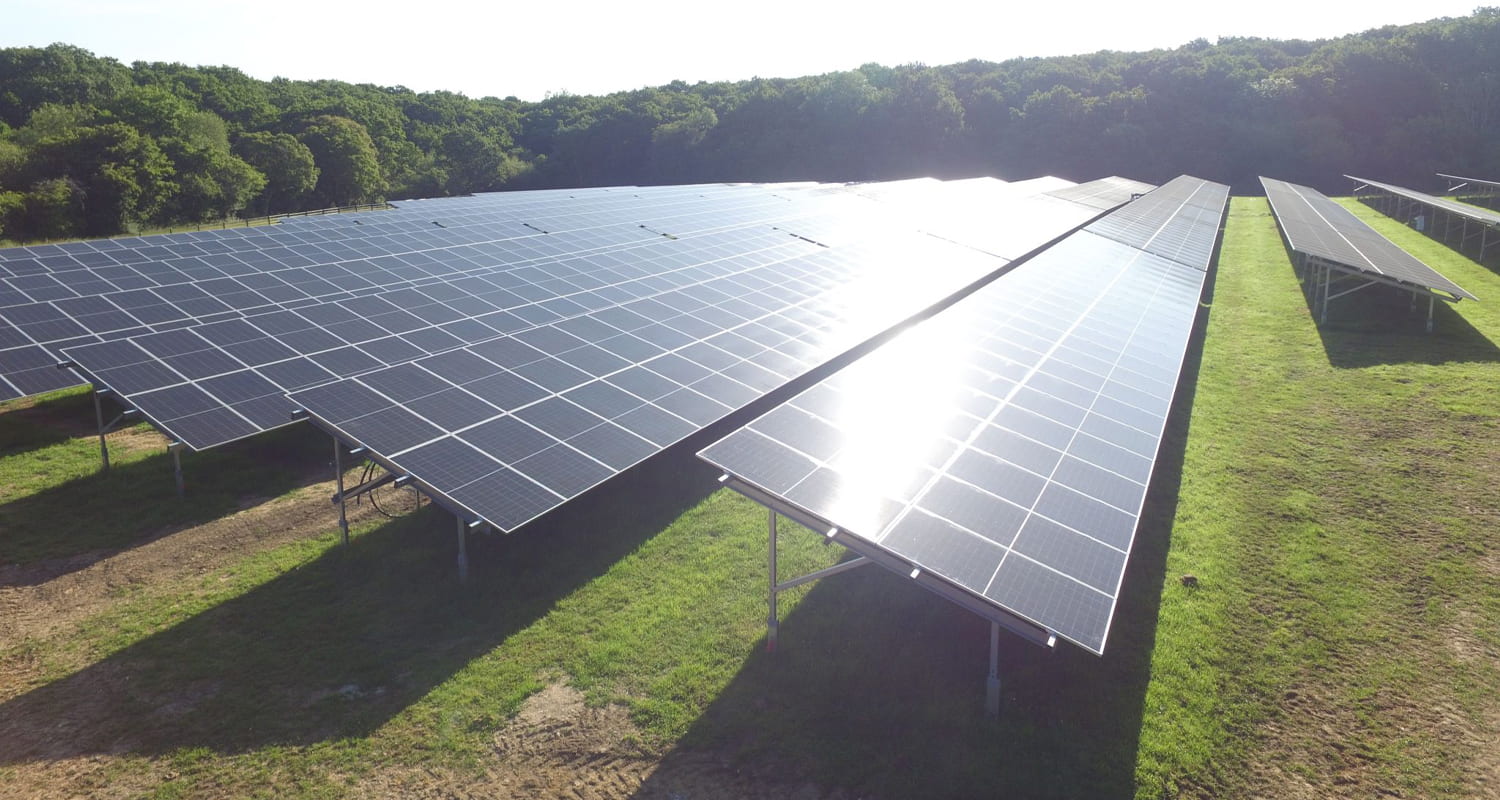Falling prices failed to reverse the downward trend! JinkoSolar regains its top spot in the European market
Aug 14, 2025
European solar buyer confidence plummeted to a record low in July 2025. Affected by the ongoing macroeconomic volatility, buyers are becoming increasingly cautious in their decisions, according to the latest PV Index report released by sun.store.
The report focuses on European solar module prices and market sentiment. The Photovoltaic Purchasing Managers' Index (PV PMI) fell to 65 in July, the lowest reading since the index's inception.
This data, based on a survey of 1,321 sun.store users, remains above the industry expansion threshold of 50, but represents a significant drop of 3 points from 68 in June 2025 (the lowest reading for the same period in the previous year and the same as in July 2024). The report also charts this trend and the percentage of respondents expecting product purchases in the coming months.
Krzysztof Rejek, sun.store's Vice President of Sales, explained that the market is currently experiencing a seasonal summer slowdown, and many merchants on the platform have activated "holiday mode" to indicate potential supply and communication constraints. However, he also noted that the recent decline in optimism may be more than just seasonal factors. "Low inventory levels and uncertain pricing in the coming weeks complicate the market situation," Rejek said. "We are closely monitoring market developments to see whether activity will pick up significantly in September or whether this cautious sentiment will persist."
This data reflects heightened uncertainty in the global solar supply chain. From the US government's escalating protectionist rhetoric to news of planned capacity cuts by Chinese polysilicon producers, both are impacting the market.
The sun.store report specifically notes that China's polysilicon capacity cuts could push up upstream solar module prices as early as the fourth quarter of this year, subsequently feeding through to European module and inverter prices.
Notably, the decline in the PV PMI index coincides with stabilizing or declining prices for most solar products—a development that should boost confidence among potential buyers. According to sun.store data, the average prices of n-type monofacial and bifacial modules continued to decline between June and July, falling to €0.095/W (US$0.11/W) and €0.099/W (US$0.12/W), respectively. This marked the third consecutive month of decline. The average price of bifacial n-type modules fell below €0.1/W for the first time since March. The report also charts and graphs illustrating module price changes and their significant impact on buyer confidence.
Unlike the module market, European inverter prices have been more stable this year. sun.store noted that prices for the four inverter types it tracks—hybrid inverters below 15kW and above 15kW, and grid-tied inverters below 15kW and above 5kW—have declined month-over-month for two consecutive months.
Micro hybrid inverters remain the most expensive type, with an average price of €102.48/kW; large grid-tied inverters have fallen to €23.91/kW, falling below €24/kW for the first time.
Buyer confidence in inverter brands has also remained relatively stable. Since April, Deye and Huawei have remained the most popular brands for hybrid and string inverters, respectively.
In contrast, the popularity of solar module brands has fluctuated significantly: JinkoSolar jumped from second place in June to the most popular module brand in Europe in July, while Trina Solar fell from first place in June to fourth in July. European PV module prices are rising! JinkoSolar modules are selling like hotcakes.
Looking at brand competition in the European photovoltaic market in the first half of this year, major Chinese solar manufacturers JinkoSolar, Trina Solar, and JA Solar Technology stood out among numerous buyers, taking turns to claim the top spot.